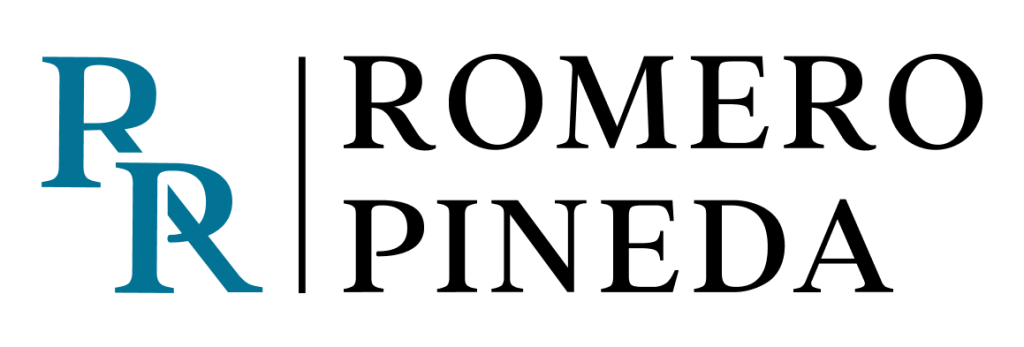Ambush Marketing and its impact on Intellectual Property rights
By: Carlos Enrique Castillo
ccastillo@romeropineda.com
Its translation alleges an ambush, camouflage, cover up, to attack by surprise, but how can this activity affect Intellectual Property rights?
There are several definitions of this marketing activity, but I share the idea of first analyzing what is pursued with this commercial behavior, and thus better understand the concept.
Ambush Marketing refers to a merchant's intention to draw attention to their brand and covertly link to a certain event, which of course is not sponsored by it. In general, these events involve mass attendance or public gathering and wide coverage by the media, whether they are sports meetings or shows, concerts or musical presentations, fairs, carnivals or festivals, etc.
It is clear that the strategy of the merchant who opts for this activity aims to take advantage of the exposure of his brand, in or on the occasion of a public (or private) event, of which he is not a part, to obtain economic, advertising or positioning benefits. branded. It is carried out through advertising and even promotional actions parallel to the event, offering consumers discounts, commemorative items, or simply generating visibility regarding their brands and products/services.
Ambush Marketing is a controversial activity, but not necessarily illegal. Through this, an attempt is made to indirectly associate a product or service in an event of which one is not a part, to attract potential customers, with respect to a certain brand that generally competes with the brand sponsoring the event, whose owner, for Generally, they negotiate exclusivity with the organizers, scheduling advertising spaces that cost thousands and even millions of dollars.
This advertising activity requires a highly creative strategy, so as not to be considered illegal and consequently expose a merchant to legal action. A clear limit must be observed in the development of this form of advertising and marketing, in order not to engage in conduct that threatens or violates the Brand Rights of the companies sponsoring the event, and that unfair competitive activity is not generated, respecting In addition, consumer protection regulations, avoiding confusion that induces the public to make decisions to consume or purchase products or services through misleading advertising. For example, inducing the public to believe, even by omission, that certain products, services or brands are approved or associated with the official organization of the event they favor.
It should also be taken into consideration that, generally, in these events, in which famous people participate, be they artists, athletes, etc., they enjoy legal protection with respect to their name and image, therefore, any infringement to such rights, can cause serious consequences for the merchant who incurs promotional actions that affect those rights. The same may occur if other rights are affected, such as those protected under Copyright, which protects images alluding to the event, title or name of the event, trophies, medals and medals, colors, posters, logos, characters, mascots, hymns or songs, and other audiovisual works related to it.
If you have any questions about this topic and your brand, do not hesitate to contact us. We will be happy to guide you in the best way.



Deja una respuesta
You must be logged in to post a comment.